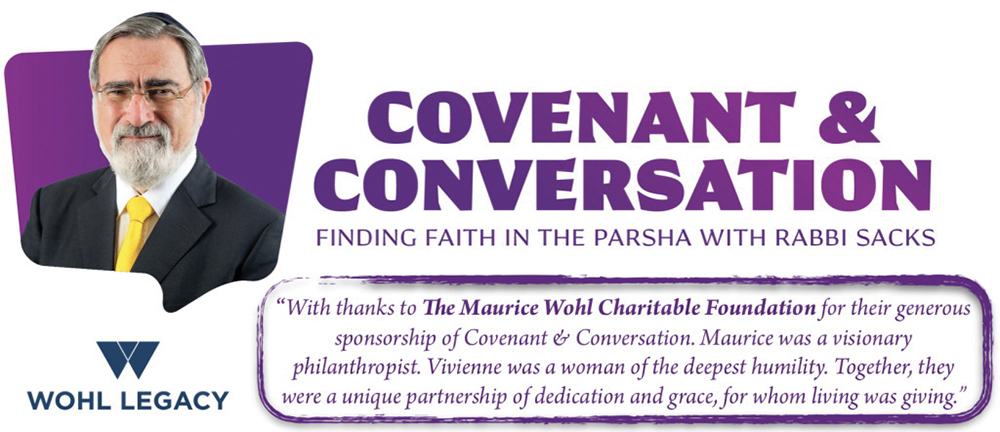

Those were the days! I can’t help but become nostalgic every time I put my youngest son to sleep. As my children grow, I know the day will soon come when my youngest will no longer want a bedtime story. With a bit of sadness I try to be mindful and continue to cherish these moments, and, yes, with a little bit of guilt it is hard for me to say no to a bedtime story these days. It has been at times annoying, but unquestionably the greatest honor of fatherhood. It makes me think back to the early years and how I acted as a parent. I often comment to people that if we are blessed by Hashem to be handed a child for the first time in the delivery room, we should request a user’s manual.
I am reminded of the moment when I was horrified by an incident that occurred in the early years of our marriage when we lived in the apartments by Yeshiva University in Washington Heights. We were once sitting with friends in the living room watching our respective children crawl around on the carpet. The child who had visited us had a blue sippy cup that caught the eye of my son, who had a green sippy cup. My child stormed over to the other child, commandeered the sippy cup, and began to drink. I was young, naive and terribly embarrassed. “Where did I go wrong?” I said to myself. “How did I already mess up my perfect child?” I pondered. I didn’t know any better, so I raised my voice sternly to my son and said, “That’s not yours! Here is your sippy cup!” pointing to the green sippy cup as he began to cry. Within five minutes, after calming down, my son was on to his next attempt. His eyes were set on the blue sippy cup, and before I knew it, he had taken his new friend’s sippy cup once again.
For many of us, this scenario is very familiar and seems relatively benign. If not with our children, grandchildren or another child we interact with, we have experienced the same thing on some level at a certain point in our lives. There seems to be a certain wanting of that which is not ours that is ingrained within our psyche. The yetzer hara is feisty and even from an early age we are challenged to make sense of our desire for something that does not belong to us. Every respectable parent attempts to instill within their children an appreciation for what they have and an understanding that jealousy is a character trait that is fraught with embarrassment and shame.
On the surface, the commandment of Lo Tachmod, do not covet, is difficult for us to wrap our heads around. How is it possible for us as human beings to not desire in our hearts something that is nice, even if it does not belong to us? “Haketav Vehakabbalah” suggests that it is in essence a battle for space inside of our hearts. He compares it to the mitzvah of loving Hashem as suggested by the Sefer Habrit. We are commanded to love Hashem with all of our heart. The purpose of the word “bechol” in the paragraph of Ve’ahavta that we recite three times daily is to teach us that we must fill our hearts with so much love of Hashem that no room remains for other frivolous pursuits. It is like a cup that will overflow if one pours too much liquid inside.
Perhaps the same logic can be applied to that which we have in our possession and is important to us, including our closest relationships. To covet something we don’t have may stem from a feeling of emptiness on our part in that specific area. It seems that this is especially prevalent in our times since we are so attuned and exposed to what other people have. With the advent of social media we have been granted unprecedented access to what others present as the highlights and extraordinary moments in their lives. What we don’t see, however, are the struggles and the hardships that naturally come with living life, and that are present in every relationship. Think about it: when was the last time we saw a post about how a person was insulted by what their spouse said? When was the last time we saw a post when someone expressed that they felt lonely or unheard in their marriage? I am not suggesting that we begin to expose our real struggles for everyone to see, but I am suggesting that we should understand that what we may perceive as blissful about someone else’s life or marriage may be very far from reality.
Relationships are grown on the soil of constant investment and dedication. No marriage is without conflict and setbacks, no true friendship exists without rocky moments. If we regularly fantasize about a perfect marriage that exists somewhere in the world, we are mistaken. A perfect marriage only exists in cyberspace. Marriage is challenging, but with great effort is extremely rewarding. The world-renowned psychologist Dr. John Gottman suggests that couples create emotional bank accounts where they can continuously deposit feelings of goodwill that they have toward each other. For example, when one compliments their spouse they are depositing money into the couple’s emotional bank account. In the event where a couple is in conflict, they simply make a small withdrawal from their “bank account,” which does not greatly impact the balance of good feelings and trust that they feel for each other. When goodwill is present in a relationship, a minor withdrawal from the emotional bank account helps the couple conquer the hostility that would have been present at a time of conflict.
If we honestly focus and fill our minds as well as our emotions with positive feelings toward our spouses, we may have a hard time thinking about what we are missing. Searching for what makes our spouse unique to us, and internalizing that feeling anew, can help us appreciate our partner from whom we may have distanced, without desiring what is often an unrealistic dream of what marriage should be. At times, this may take becoming nostalgic about the good times we shared in the past and connecting to the feelings that connected us back then. In essence, Hashem’s commandment of Lo Tachmod contains within it a charge to be wholehearted and truthful about the blessings that we already have. While our yetzer hara may direct us toward the grass on the other side, the Torah wants us to realize that the cup we drink from has a unique taste, different from any other colored cup, since our cup was made for us personally by our Creator. May all of our cups overflow!
By Rabbi Eliezer Zwickler
Rabbi Eliezer Zwickler is rabbi of Congregation AABJ&D in West Orange, New Jersey, and is a licensed clinical social worker in private practice. Rabbi Zwickler can be reached at zwickler@gmail.com.










